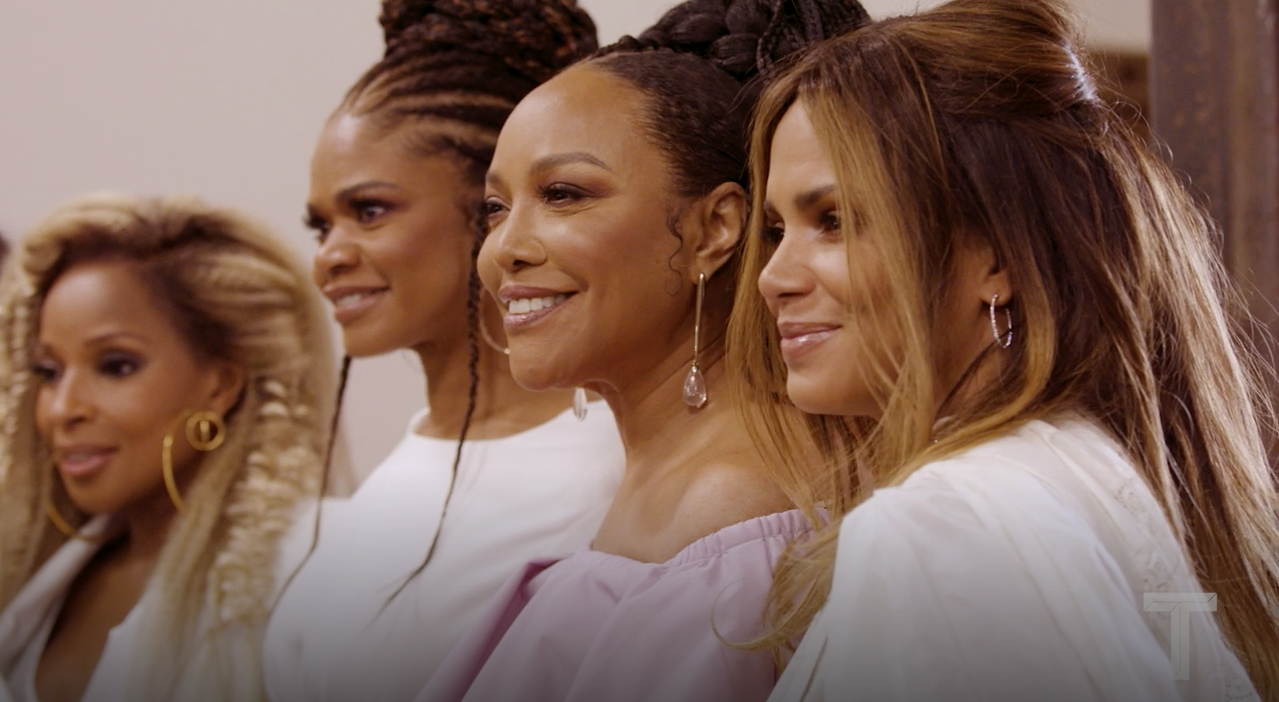Award-winning actresses Angela Bassett, Viola Davis, Halle Berry, Taraji P. Henson, Lynn Whitfield, Kimberly Elise and Mary J. Blige sat down with The New York Times’ T Magazine to discuss the importance of representation in media, as well as some of the issues they’ve come across during their time in the spotlight.
Suggested Reading
The actresses came together in February for a photo shoot and accompanying interview, which is chronicled in a video for the feature. Throughout the eight-minute stunning visual, each woman muses on the importance of sisterhood in Hollywood. Although Tinseltown has attempted to grow in terms of diversity, the actresses involved are each aware that it is still an issue.
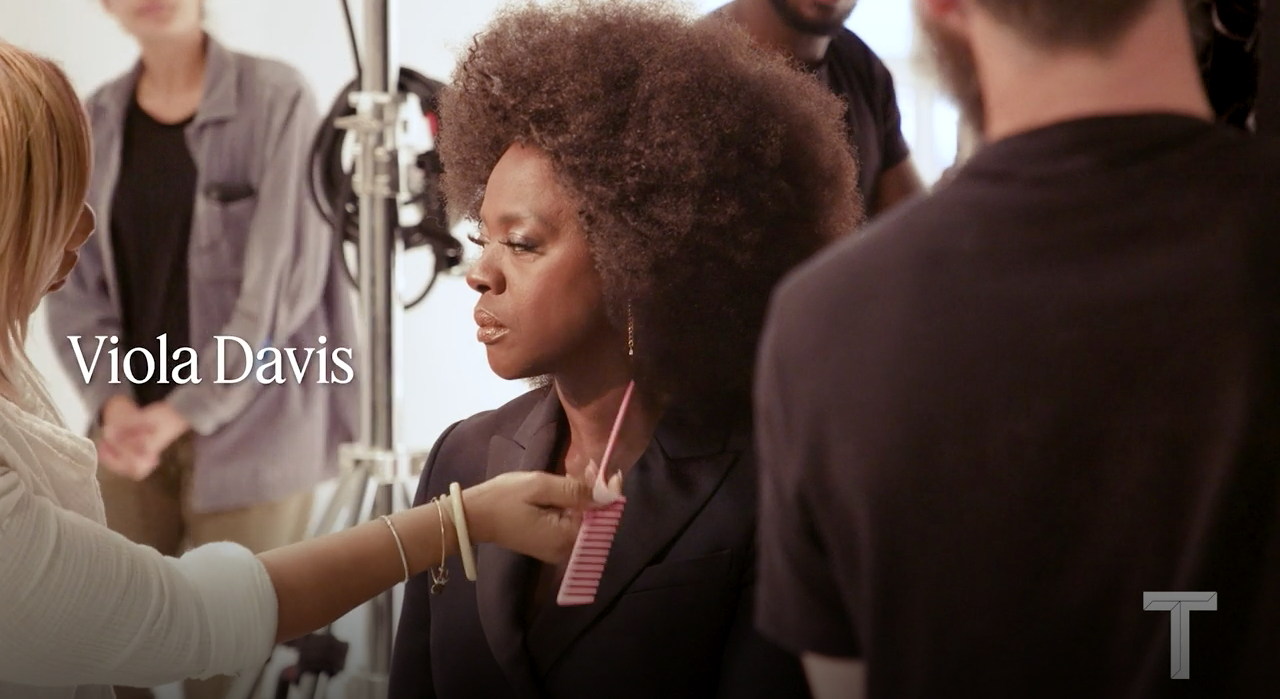
“At the end of the day, I don’t think you can get anywhere without connection, and especially in a business that we keep criticizing of being deprived of black narratives, so I have to feel a kinship,” Oscar winner Davis explained.
Halle Berry, to date the only black woman in history to win an Academy Award for Best Actress, echoed the sentiment, saying that black women always “understand and are knowing of the struggle.”

In terms of Hollywood today, many of the actresses said that diversification in the types of roles is important. Lynn Whitfield explained that black people are “not monolithic,” while Mary J. Blige explained, “There’s so much more than we can do other than being a slave.”
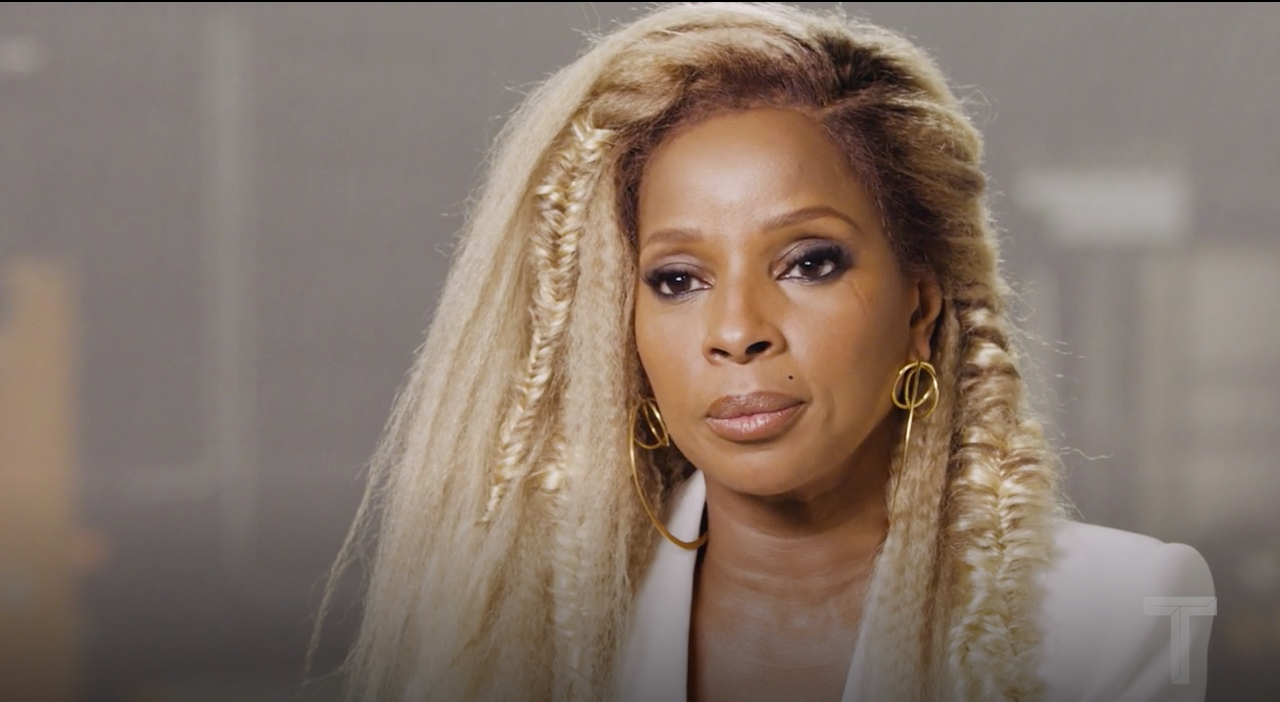
“Whoever decides to give us these jobs, they need to look at us past being black actresses—just look at us as actresses,” she continues.
“What I see Hollywood do is feature one or two of us, and they’ll ignore the rest of us like we don’t exist,” Elise said. “It gives the illusion that we’re moving forward, but it’s really disempowering the collective.”
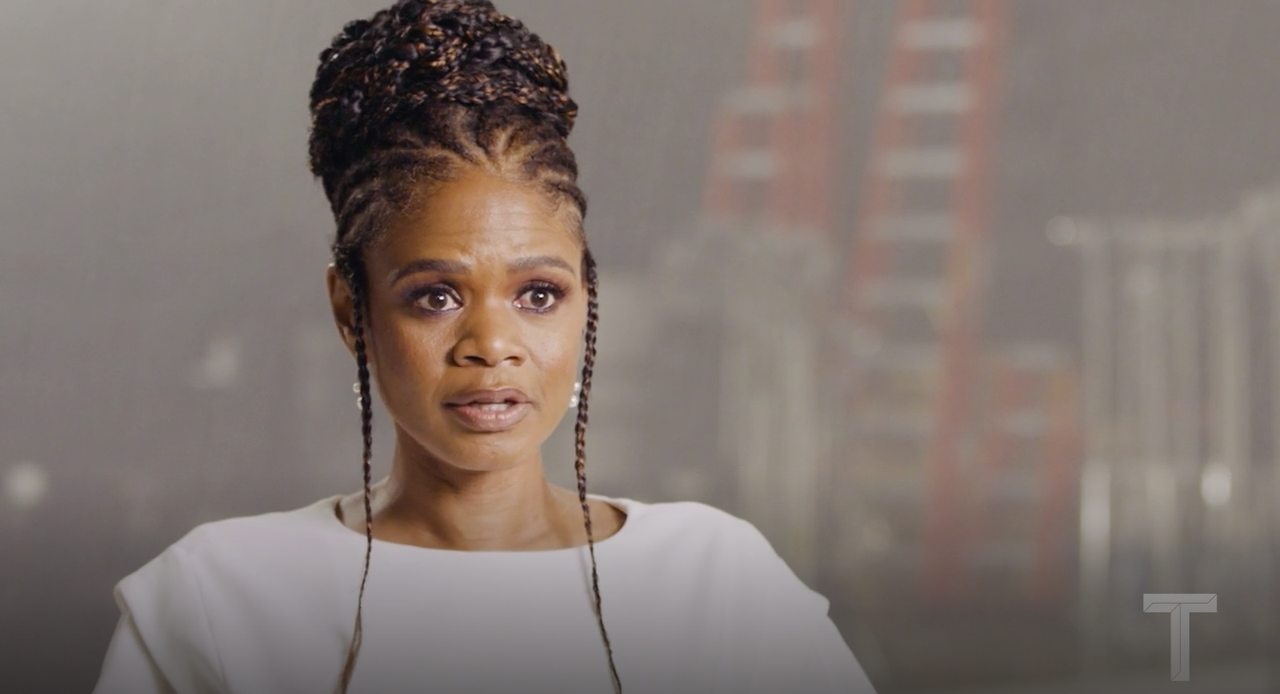
Despite the issues that surround Hollywood, all of the actresses gave kudos to past and current actresses, showrunners, directors and producers. Angela Bassett thanked Gloria Foster and Mary Alice, while Taraji P. Henson saluted Pam Grier and Debbie Allen. (“If it were not for them, I would have never been able to dream,” she said.)
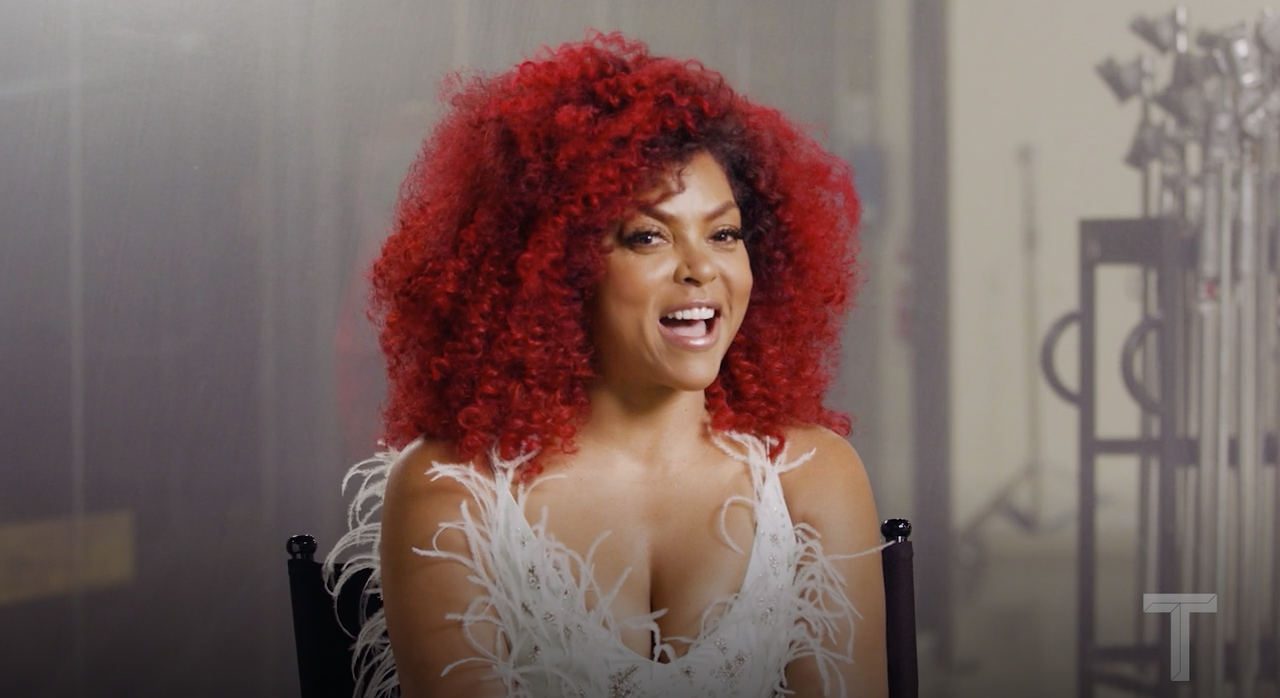
Shonda Rhimes was similarly applauded by the women for her ability to put black women in empowering positions on her shows like Scandal and How To Get Away With Murder.
“[Rhimes] helped to change everything,” Whitfield explained. “The black woman took charge and showed you black women of power.”
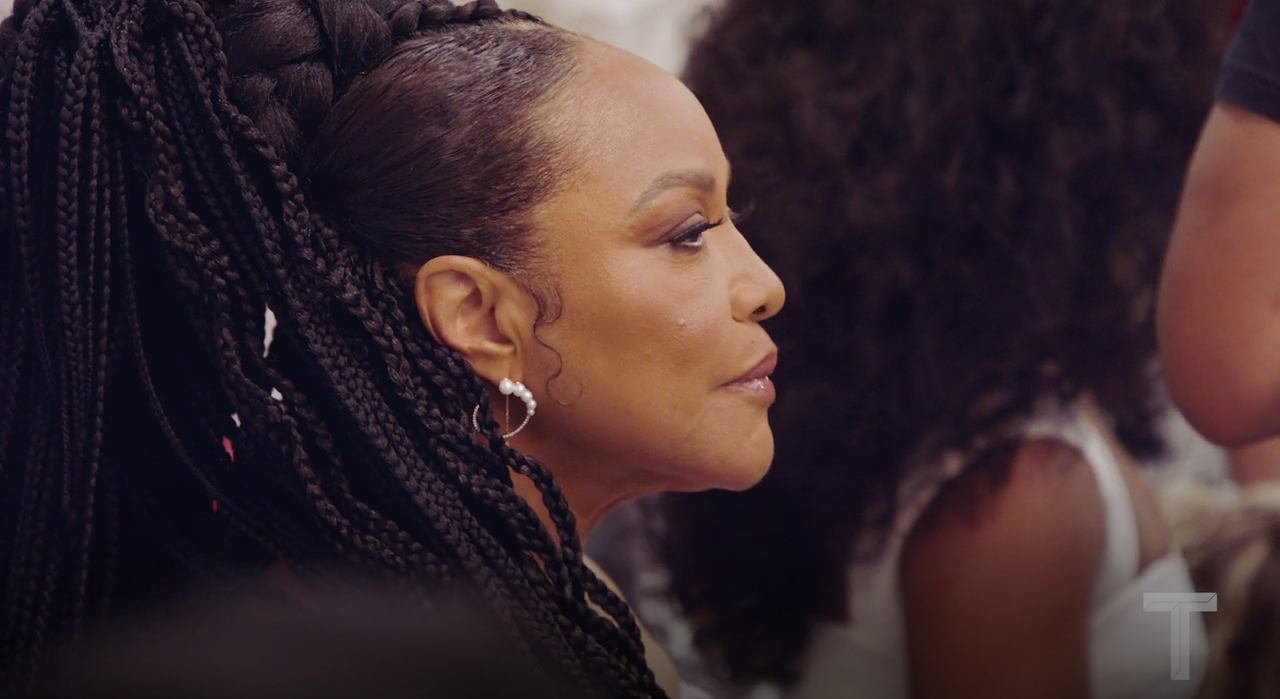
What are some of the qualities these leading ladies possess that has made them staples in Hollywood? Bassett and Davis say that there is a common thread—authenticity.
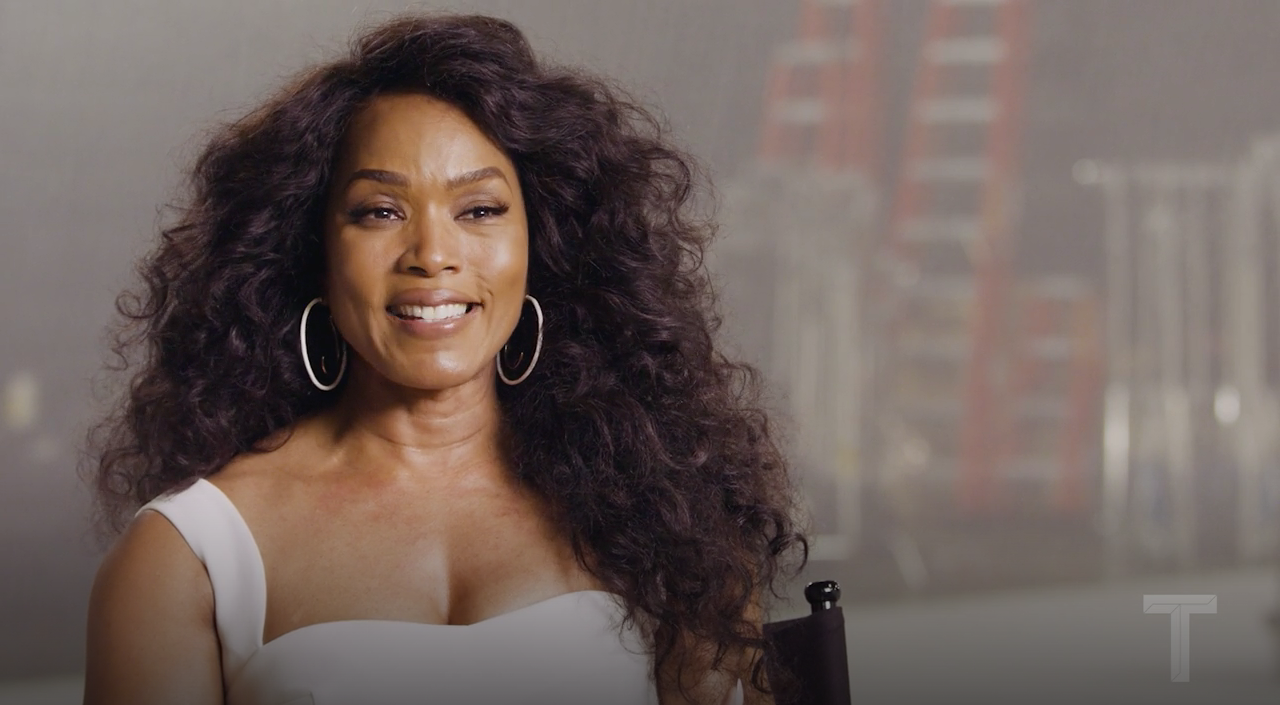
“Be dynamic, be special, be eye-catching, be alluring…be you,” Bassett explains, while Davis says “it’s a lot of responsibility to just be true to you…especially in a town that’s not necessarily about that.”
Straight From 
Sign up for our free daily newsletter.


